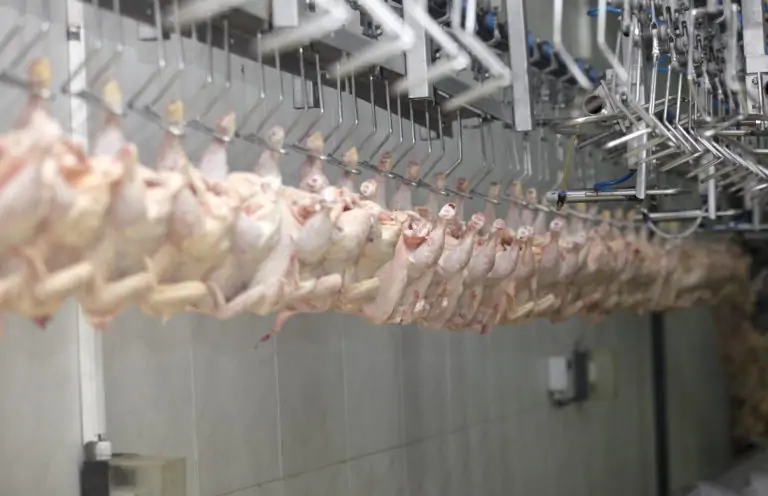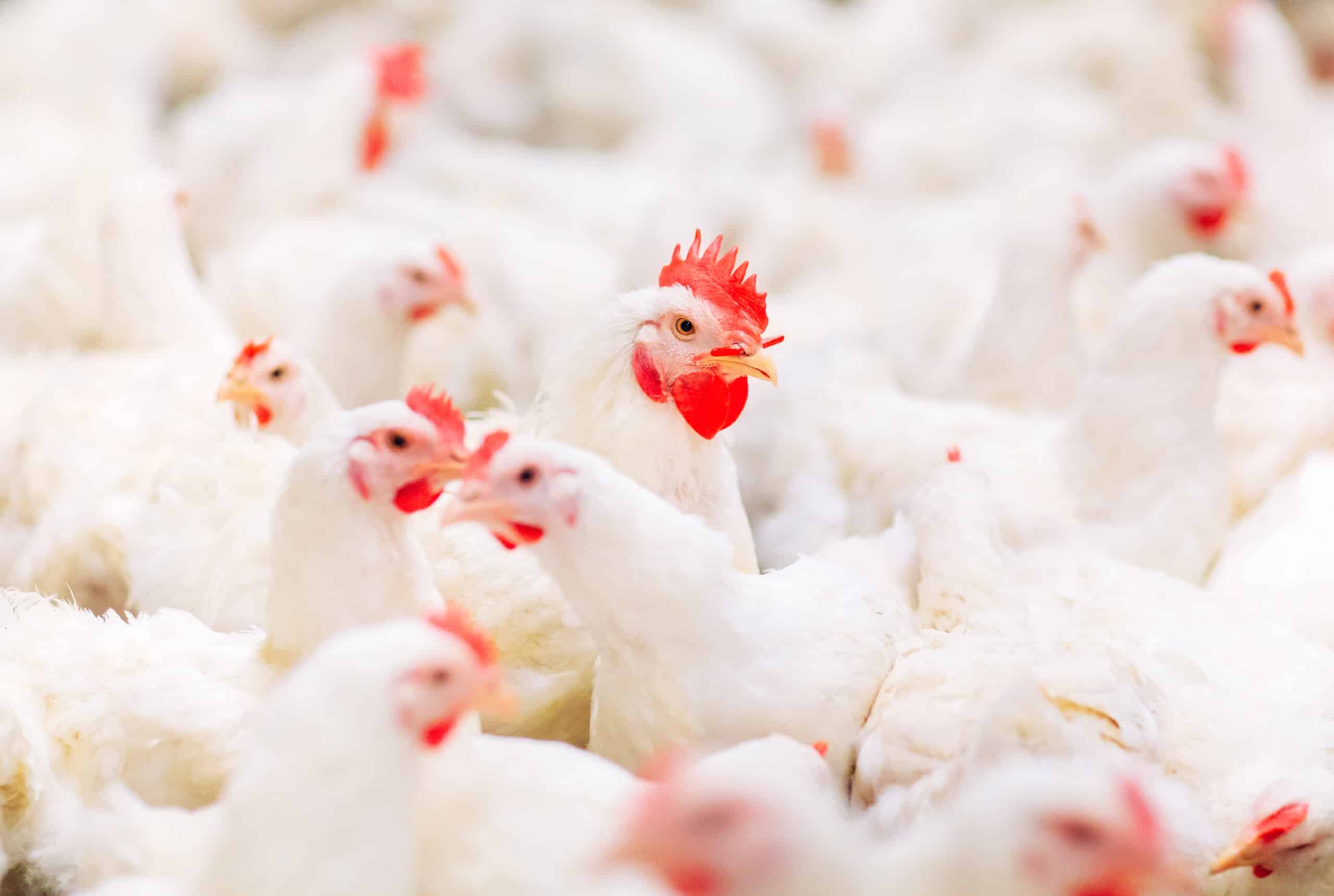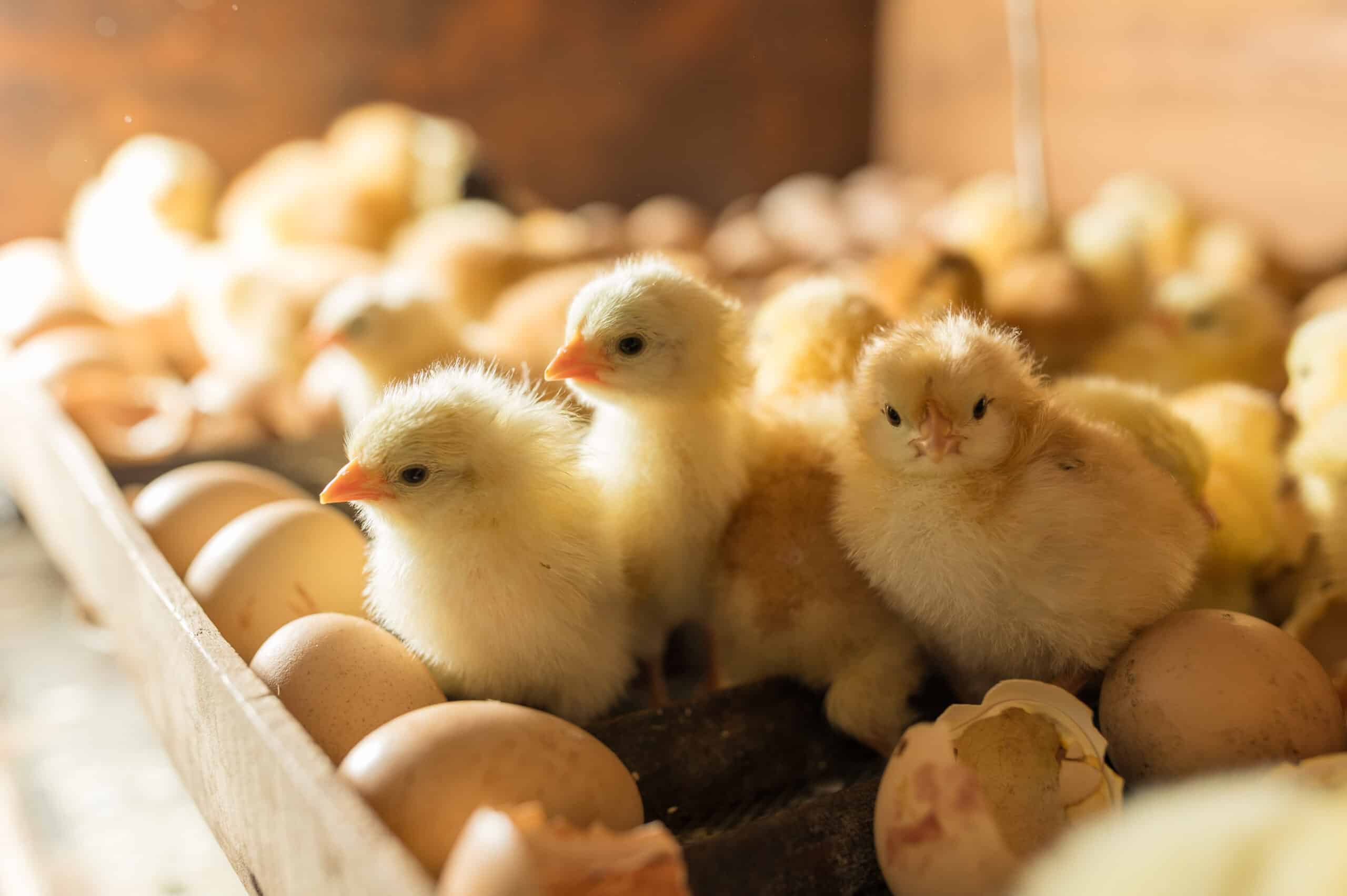The GCC imports almost $2.8 billion of poultry meat annually to satisfy local demand. However, traditional exporters to the region are coming under increasing pressure from rising consumer expectations, expanded local production capacity and new entrants into the market.
Imports
In the period between 2016 and 2020, the proportion of poultry imported to the Gulf Cooperation Council (GCC) increased from 75 percent to 77 percent.
Total demand in the region is also increasing at a Compound Annual Growth Rate (CAGR) of 4 percent, increasing from 1.82 million tonnes in 2017, to 2.16 million tonnes in 2019. In Saudi Arabia – by far the largest market in the GCC – consumption grew at a CAGR of 6 percent over that period.
Chicken imported into the GCC is almost invariably in frozen form, comprising 70 percent whole chickens and 30 percent chicken cuts. Although GCC producers find it difficult to compete in the frozen poultry sector, they are in a stronger position in the fresh and chilled poultry market.
Saudi Arabia
Saudi Arabia has taken significant steps to develop local poultry production capacity to boost the country’s food security. Poultry meat production in the Kingdom aims to reach 80% of self-sufficiency by the year 2025.
This expansion is expected to come as a result of major investments by the most significant participants in the market – Al Watania Poultry, Al-Fakieh and Almarai.
Most of the GCC poultry imports come from Brazil, followed by France and the USA – with 12 percent and nine percent respectively – with the balance made up by countries such as Thailand, Uruguay, Malaysia and Argentina.
Tailored Poultry Farming Guidance
Navigating the complex landscape of the GCC’s poultry meat market requires strategic insight and innovative solutions. At Farrelly Mitchell, our consultants address critical business challenges in this sector, offering tailored consulting services in areas such as supply chain optimisation, agri input efficiency, operational improvements, and more.
We empower businesses to adapt to rising consumer expectations, expanded local production capacities, and the entrance of new market players. By leveraging our deep industry knowledge and comprehensive services, we guide our clients through the intricacies of competing effectively in the evolving GCC poultry market, ensuring sustainable growth and enhanced food security.














